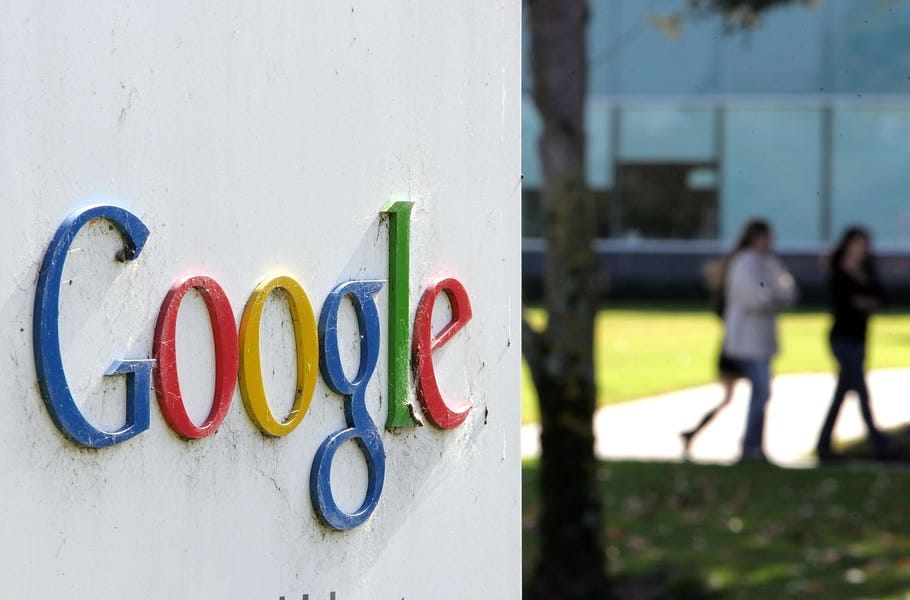Who Pays, Who Benefits?
In a thought-provoking analysis, Berkeley economist Gabriel Zucman has put the spotlight on the tax burden carried by the wealthiest Americans. Zucman’s findings suggest that, following the 2017 Tax Cuts and Jobs Act (TCJA), billionaires now face a lower effective tax rate than working-class citizens. This assertion is based on a decline in the share of income paid in taxes by the wealthiest 400 US households, from 56% in 1960 to a mere 23% in 2018.
Zucman’s contention is that the owners of capital are the sole beneficiaries of corporate tax cuts. However, this view is not universally accepted. Some economists argue that workers also benefit from such cuts through potential wage increases, as lower taxes can lead to more business investment and productivity, which in turn might result in higher wages.
Alternative Views
Views on the distribution of benefits from corporate tax cuts vary widely. Economist Kevin Hassett, formerly of the American Enterprise Institute and later an adviser in the Trump White House, had posited that workers could receive over 200% of the benefit from corporate tax cuts, with projections that TCJA would significantly raise annual wages. However, these optimistic projections have been met with skepticism, especially given stagnant productivity growth.
Most analysts find themselves between Hassett and Zucman’s positions. The Congressional Budget Office and other reputable institutions generally assume that a significant portion of the corporate income tax falls on shareholders and other recipients of capital income, with a smaller share impacting workers.
Who Pays, And When?
The question of which workers bear the burden of corporate income taxes is complex. Research indicates that higher-paid employees may carry a larger portion of this burden, and thus also benefit more from tax cuts. Over time, the effects of corporate tax changes can shift; initially favoring shareholders but potentially benefiting workers later as investments in productivity begin to pay off.
It’s also worth noting that not all shareholders are equally affected by changes in corporate taxation. A significant portion of corporate stock is held by non-taxable entities, which alters the landscape of who truly feels the impact of tax policy shifts.
Perspective Matters
The ongoing debate over income inequality and tax incidence is crucial as Congress contemplates the future of TCJA. The discussion is far from academic; it has tangible implications for policy decisions that could reshape the economic landscape. As lawmakers consider potential corporate tax increases, the question of who will shoulder these costs remains a pivotal factor in shaping public opinion and legislative outcomes.






